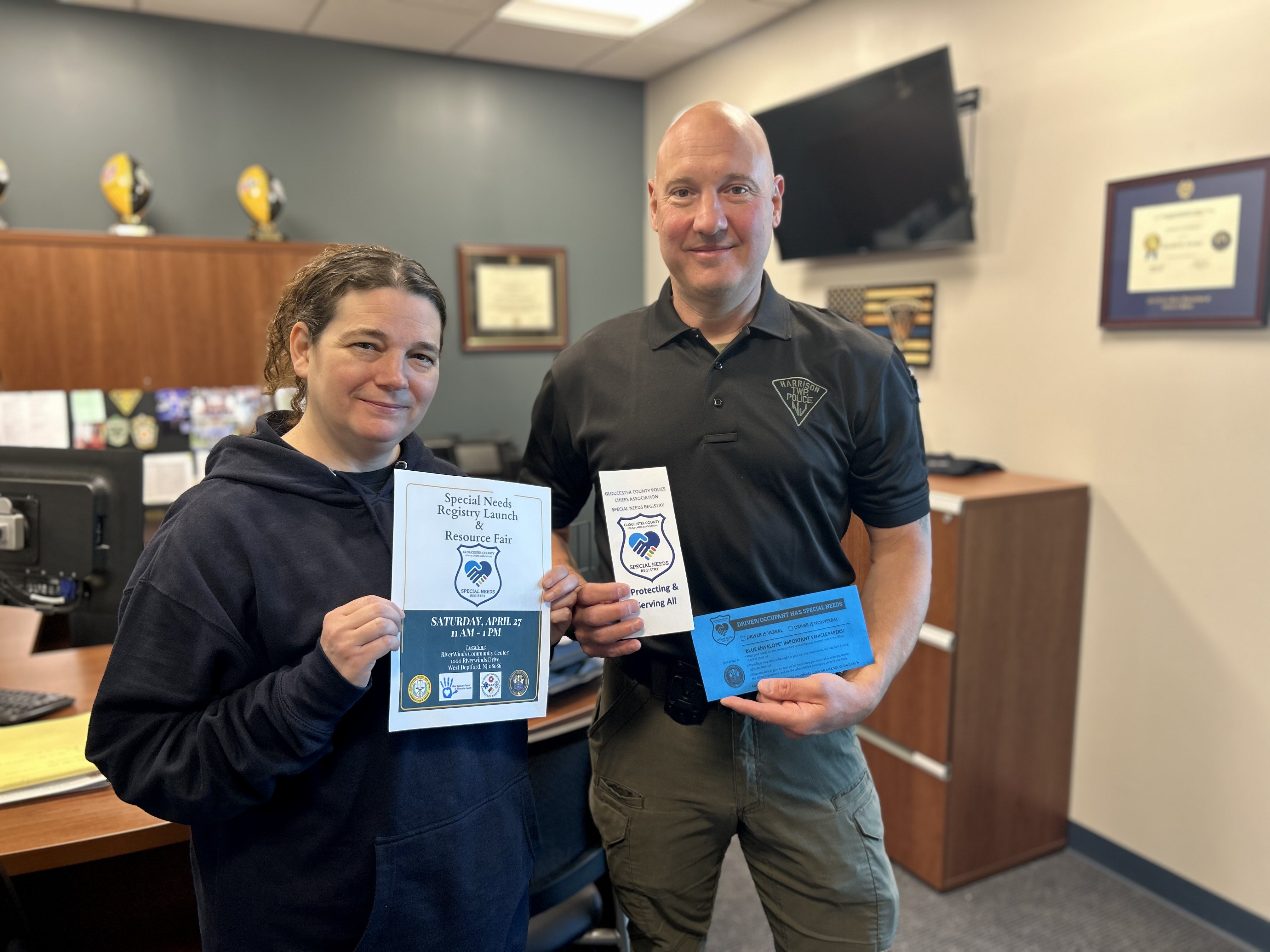Some women, like Joanna Spellman, are taking pills made from their placenta to reduce the risk of postpartum depression.
"I definitely experienced the crying and the mood swings to a degree that I didn't want to experience them again," Spellman said.
So after giving birth a second time, Spellman started taking placenta pills -- at least three a day -- made from her own ground-uip placenta.
"At first, I was put off by the idea of consuming my own placenta. It just sounds weird."
But Spellman gave it a try and says, "I definitely felt a lot better this time around than my first. I didn't cry as much; my moods weren't as up and down."
Jennifer Hendrickson started a service out of her Pennsylvania home, preparing the placenta of new mothers for them to eat.
"I clean it, I rinse it off and I clean all the blood out of it and everything. Then I slice it up and I put it in a food dehydrator," and after it's dried, Hendrickson grinds it up and puts it in capsules. She says if new moms tell the doctor and hospital in advance that they want to keep their placenta, they rarely have a problem taking it home.
Health
The process of encapsulating the placenta is not regulated by health officials. Penn Psychiatrist Deborah Kim says there are no scientific studies supporting any of the placenta consumption claims but there are other proven treatments for postpartum depression. She fears women taking placenta pills instead of seeking medicat treatment are taking a big risk.
"The worst possible outcome of postpartum depression is suicide. You might not bond with your child appropriately, and so it's really playing with fire," Dr. Kim said.
Joanna Spellman says she's determined to continue. "Even if it is just a placebo effect, if that's what it takes to feel better then I don't see the harm in it."



